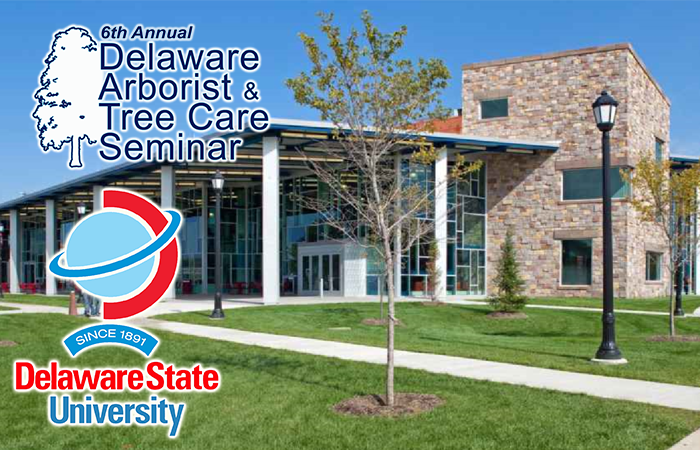The Consumer Fraud Unit of the Delaware Department of Justice warns Delawareans to be wary of unauthorized and fraudulent telephone solicitations in the wake of the recent tragedy involving two Wilmington firefighters who lost their lives in the line of duty.
DOJ has become aware of potentially fraudulent calls to Delaware homes in the last few days. Often scammers will try to take advantage of tragic current events or natural disasters to convince people to donate money. While there are often legitimate fundraising efforts underway in such circumstances, there may be others that are not. Thus, it is important to keep in mind the following when answering an unsolicited call on behalf of any purported charitable cause.
Delaware law requires callers to supply you with certain information, including:
• Whether they are a paid fundraiser;
• Where they are calling from, including company name and location;
• The charity for which the funds are being raised;
• The amount of the consumer’s donation that will actually go to the charity;
• If the charitable solicitation is on behalf of an individual(s) or their family, whether the party soliciting you has permission from the individual(s) or their family to make use of that person’s name, picture or likeness in their charitable solicitations; and
• If they are calling on behalf of police, fire or law enforcement, they must either be an actual law enforcement employee or have written permission from the state, county or local first responder organization to make the call.
Those who wish to contribute toward a fund benefitting families of the fallen firefighters may want to contact the Wilmington Fire Department directly.
Scam solicitations supposedly on behalf of firefighters are unfortunately somewhat common. In July, the Delaware Department of Justice announced an agreement with Michigan-based Firefighter Support Services to cease making solicitation phone calls into Delaware that were supposedly on behalf of firefighters, and to forfeit almost $6000 in contributions made from Delawareans since 2011. In August, the Michigan Attorney General’s Office announced the organization would cease operations after an investigation.
The DOJ Consumer Protection Unit reminds you to never give your credit card or bank account information in response to one of these calls. Someone calling you to make a legitimate telephone solicitation on behalf of a charitable organization should be willing to mail you a written donation form and envelope. If you wish to donate to your local fire company, you should visit your local fire house to make your donation in person.
You can make sure a charity is legitimate by visiting the Better Business Bureau, Charity Navigator, or the American Institute of Philanthropy where you can view lists of verified charities. For online donations, ensure that the solicitation website and the purported charity match and that the website is secure.
Anyone who suspects they have been scammed or have received a suspicious solicitation can call the Attorney General’s toll-free Consumer Hotline at 1-800-220-5424 or email the Consumer Protection Unit at consumer.protection@delaware.gov.


